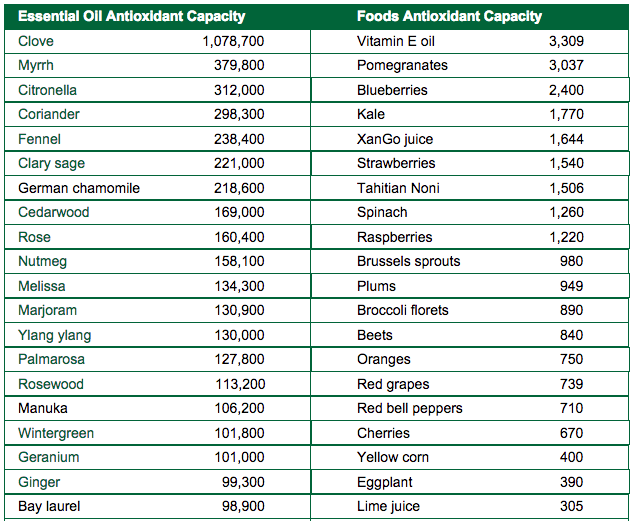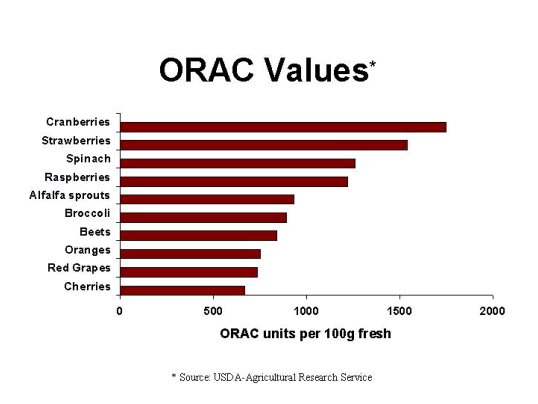**UPDATE** I have CKD stage 3b. I have learned that that I have to be careful using this coffee product. As always, you should check with your medical care team before adding or trying anything new in your diet. Every healthy thing is not healthy for everyone.
So, way back about this time last year, I was talking about coffee and some of the brands I like drinking black and sugar-free. Luzianne was my favorite for that but I haven't been able to find it lately. Well, I can find it all over Amazon but only if I want to use my entire grocery budget to pay for it.
Anyway. I'm not here to talk about regular coffee.
I might have mentioned it in that coffee post or in another of my rambles but the product I am talking about today is cascara - also known as coffee fruit and coffee fruit tea. So, coffee but not coffee the way most of us are used to it. Actually, cascara is the husk of the coffee bean. It kind of looks like extra-dry raisins.
It's an interesting thing, cascara. Nothing like coffee and nothing like any tea I've had. The taste of it is more of a fruity-syrupy-tasting beverage. As a matter of fact, I just realized that the taste reminds me a bit of raisin. Hmmm.
Hot or cold, the taste is about the same but I do prefer it cold. If I drink it hot, I am tempted to add honey to it for some reason.
As a beverage, it's referred to as cascara tea. Odd, right? Since it's the husk of the coffee bean. The husk is actually considered a "waste" product. Eat Cultured is more concise and precise, saying:
"Cascara, which translates as "husk" or "peel" in Spanish, refers to the outer husk of the coffee cherry that wraps around coffee beans. Since it's essentially the "fruit" of the coffee tree, it's also a valuable source of fiber and antioxidants." (source)
I am drinking the tea because of those antioxidants. I've been talking about ORAC values again recently and I am happy to say that cascara tea is the best-tasting thing I've tried from that list.
By the way, this happens to be the brand I am trying. I ordered from Amazon but the coffee is from Twin Engine Coffee.I think it's a shame that cascara has been getting tossed away all this time. We all ingest a lot of silly foods and beverages and we've been trashing something as ORAC-packed as cascara. Makes me wonder what all else has been going to needless waste...
Anyway, I have been replacing about half the daily coffee I drink with the cascara. I will either drink it cold and solo or add it to one of my sparkling waters. Last week I had a dry night-time throat so I sipped on some of the hot tea with raw honey before bed. It didn't keep me awake and it was soothing to my throat.
One of the benefits I heard the tea offers is a mild laxative effect. I have not found myself with a huge change to my, er, movements but I do feel a bit more regular. I also pee a lot. That's because I tend to drink a lot of clear or sparkling water with the tea or after having some. I've read reviews where other people feel more of an energy boost.
I am always fairly fatigued, even on the best of my days, and I haven't noticed a prolonged boost of energy but I do seem to be a little more focused for a few hours after drinking a couple cups of tea.
Now that I am used to having the tea as a staple, I am learning that the best way to prepare it is by soaking some beans overnight so that I have the drink on hand for the next day. This is not a brew-and-go tea. Even when steeping in hot water, it takes a while to get a decent cup. It's just easier for me to always have some soaking and ready to either heat up or drink cold.
 |
| It didn't come in that tacky jar. I just wanted to show what it looks like |
If I start noticing any better energy effects over time, I will update this post. Keep in mind that the drink might be more energizing to someone with more normal health.
The price of the tea is reasonable and I am sure that as I shop around, I will find even better prices. One thing I plan to do is to dry the remains of the used husks and dry grinding them to add to smoothies. I want to get every last bit of use from the tea.
Until I have an update, that's it for now.
Peace
--Free
P.S.: Since I wrote the draft of this post a few weeks ago, I do have an update. I have been baking a lot of bread and have a couple of times added the liquid from the tea in place of water. Results are not bad.
I hope the post makes sense. I went back in and added a little info and photos just now so. Please forgive any errors.







